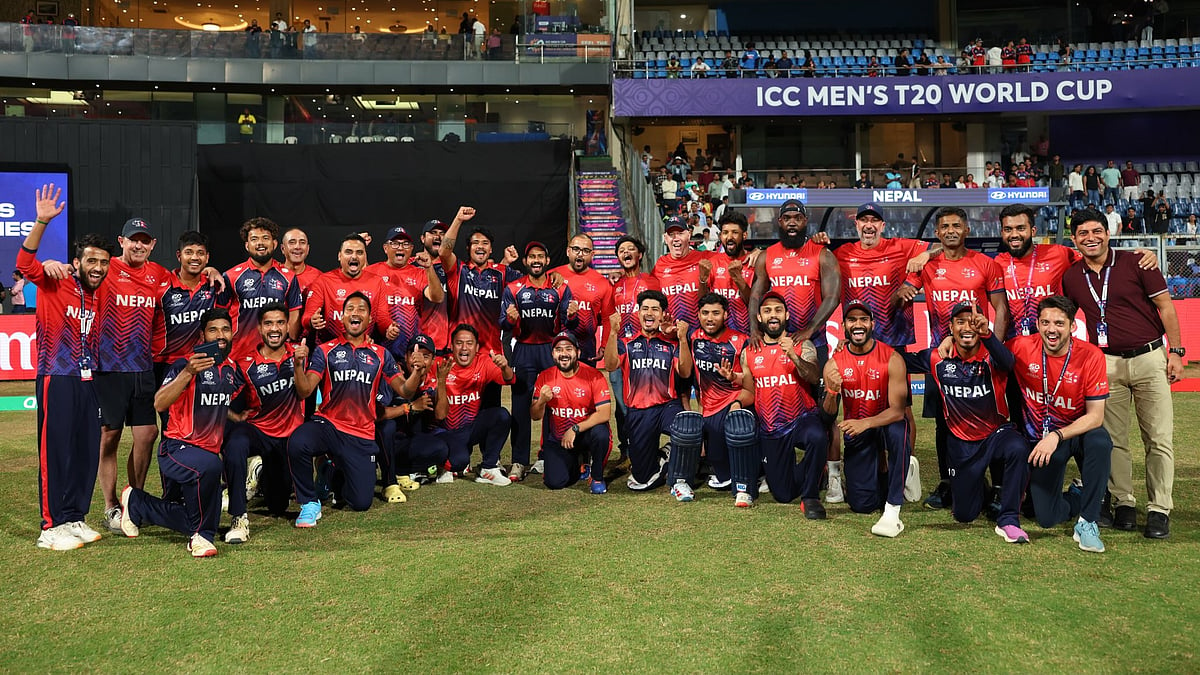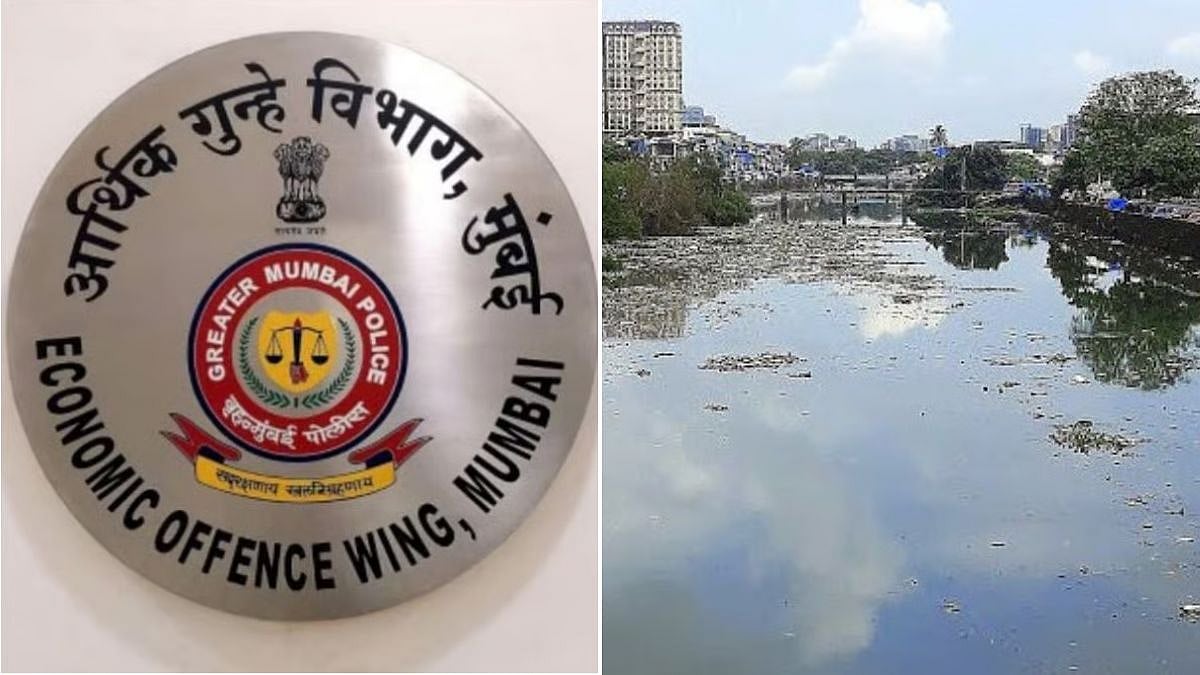Tech-n-Biz
A fortnightly section on technology and business
During one of my business trips to Kuwait some time back, I was told (of course as a joke) that if a Sheikh ever needed any money, all he had to do was to pump a few barrels of oil from his backyard. The oil had made native Kuwaitis so rich that they never need to worry about wealth. An ordinary Sheikh, I was told, will find it beneath himself to bend down to pick up his wallet in a public place. They would rather leave the wallet full of dinars and walk on. Each dinar is more than three US dollars.
However, the economics of oil have changed in the last few years, but there is no denying the fact that oil brought immense wealth to some of the middle eastern countries. So, when futurists say that data is the new oil, we who generate this data and are the real owner of the same must be benefitted. However, the reality is quite different.
Data owners or pseudo data owners
You and I have little or no access to the data that we produce.
Amazon knows our entire buying behaviours; Netflix knows which shows we like; Google knows what the things we have searched for; Uber knows the places we have visited; our banks know our financial behaviours; and the list is endless. The point is that our digital footprint today is very diverse and rich. We spend more time interacting with the internet than the physical world. This trend is even worse for millennials. They are more comfortable interacting with computers than real people. We can fret about it, but the virtual existence will soon weigh over our real-world existence.
We create treasures of data footprint every day — knowingly or unknowingly. The data collectors — be it Google or Facebook — have built AI engines on our database and are either selling it to the advertisers or selling more of their products to us. In a way, we are creating oil wells for them. Unfortunately, we don’t have access to these data wells, or we don’t have access in a way that we can make sense of them.
Free things are not so free
There is a reason why Facebook does not charge us the subscription fees — because they don’t treat us as the consumer of their services. A consumer needs to pay for the goods and services. When things are offered free, we are the product, not the consumers.
The publishers of penny newspaper had realised this more than a hundred years back. They believed that they are not selling the newspaper to the readers but selling the reader’s attention to the advertisers and product marketers. The newspapers were the attention merchants who mined the reader’s attention. Tim Wu explains this beautifully in his book ‘The Attention Merchants’.
Researchers at the University of Cambridge and Stanford University tested their algorithm on more than 17,000 Facebook users who completed a personality survey and provided the researchers access to their ‘likes’. Many of their friends, colleagues, and family members also completed similar tests describing the user. The algorithm was able to predict the personality type much better than most of the human participants. It needed access to just 10 likes to beat a work colleague; 70 to beat a roommate; 150 to beat a parent or sibling, and 300 to beat a spouse. The internet knows about us more than our closest friend or spouse will ever know. In a way, all active users on Facebook are working for Facebook to enrich their platform that can be used to target more products and services.
It is not that people have not realised the value of data. World over the regulatory agencies are creating stringent data privacy laws and severely penalising the companies who are violating them. The GDPR regulations in Europe are the right steps in that direction. But most of these efforts have been directed towards protecting the users from identity theft and privacy. Privacy is important but even more interesting will be how the data creators themselves benefit from their own data by trading (if they wish) with advertisers.
A personal data well
Imagine, we have a ‘digital persona’ — model of our own self. This model consumes data from every internet application or mobile app that we use. It stores a local copy of everything that we ever share on internet. On top of the rich data, we create a smart intelligent agent that abstracts and combines different segments of data to create a coherent view. This agent also has a voice and text bot like your digital avatar. It can stand-in for you. This personal model can easily be monetised and we can benefit from the richness of data we create.
What will be the challenge in building such a model? Will Facebook or Google give back our data? Technically, internet companies should have no objection to sharing the data created by the users themselves. Even today companies like Facebook or LinkedIn allow us to take a download of our personal activities and connections, but we don’t have a way to process them. We can’t ourselves find our personality traits from these interactions the way Facebook can. The bigger task will be to create an AI engine to combine all this data from different applications to create one coherent view of the person. This will be a digital version of our own self. This will tell us accurately who we are going to vote for or who we are going to marry or which brand of TV we are likely to purchase.
The data from this model will be of huge interest not only to the companies selling our products but even our friends and families. This can be our personal well that the Kuwaiti Sheikh proverbially had in their backyard.
Mishra is a software professional with over 20 years of experience with leading IT and consulting companies. He also works with universities as a startup mentor in the area of new technologies.






